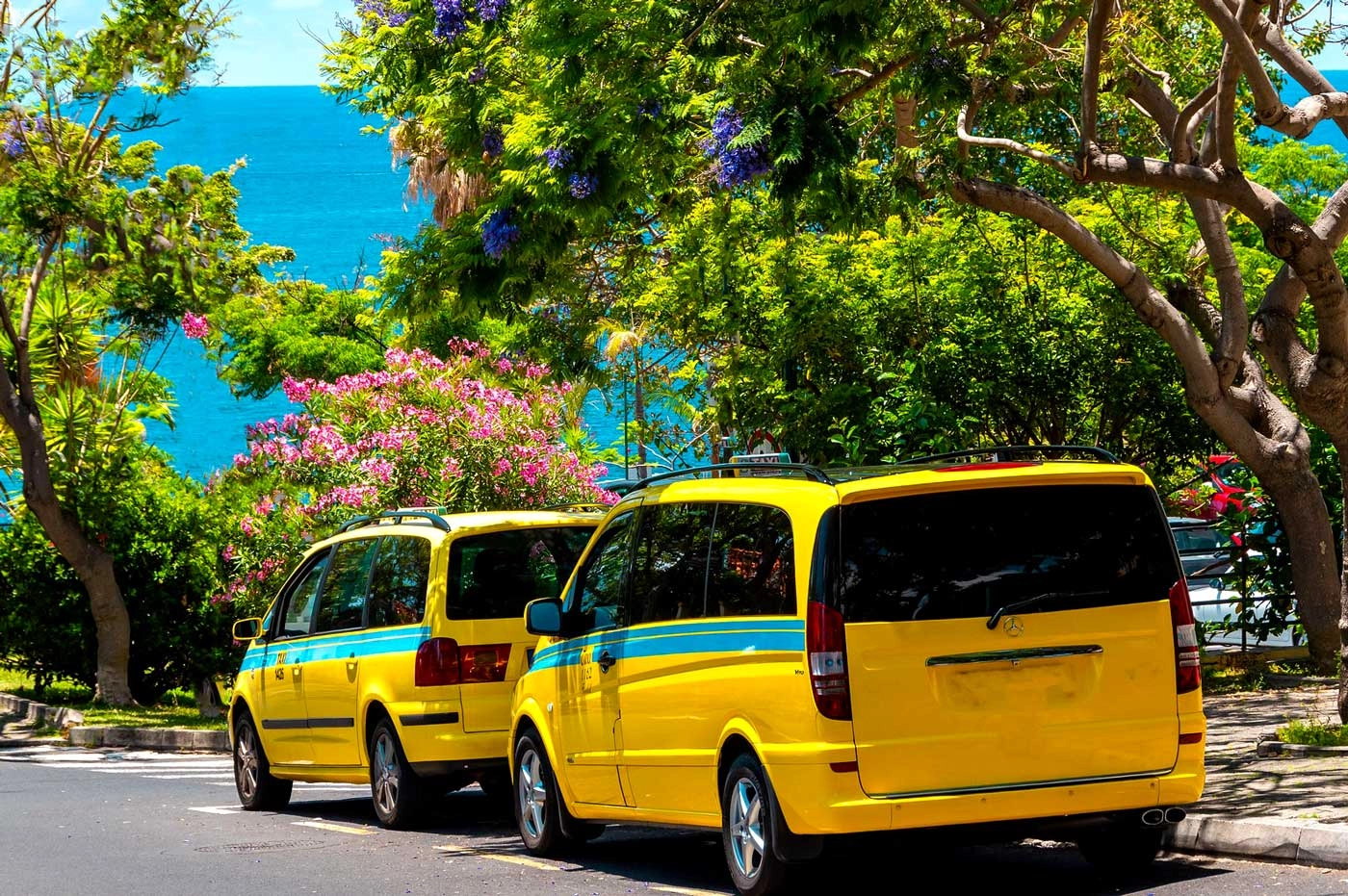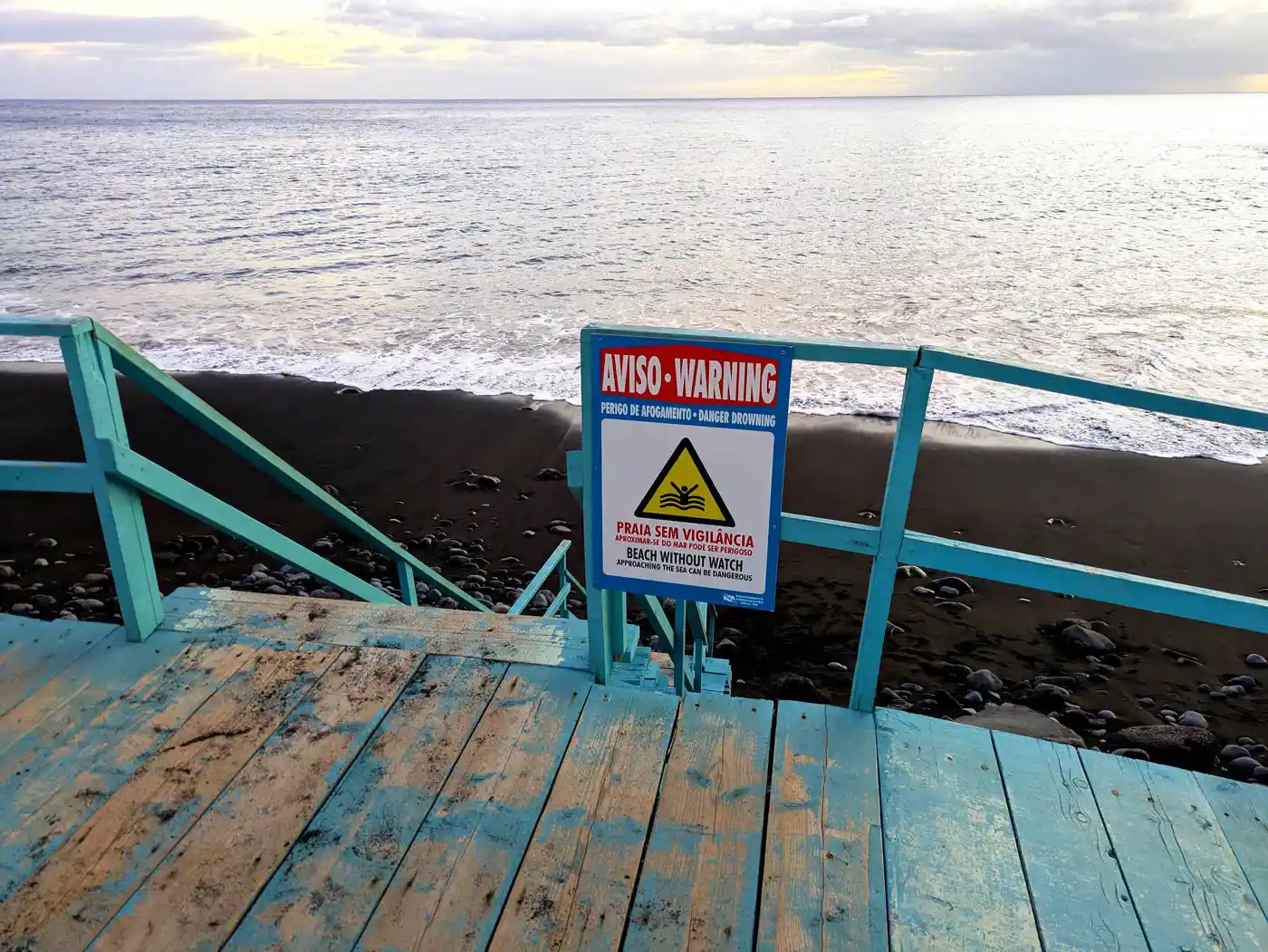Ryanair: +120% Navigation Fee Increase and €2 Travel Tax
Ryanair announced on 20 November 2025 that it will cancel all flights to and from the Azores starting 29 March 2026, citing “elevated airport-charges and Government inaction.
In its press release, the airline blamed a 120% increase (number according to Ryanair) in air-navigation fees since the COVID-19 pandemic, and noted the introduction of a €2 travel tax.
Ryanair also claimed the airport operator, ANA - Aeroportos de Portugal, part of the Vinci group - acts as a “monopoly” and has no plan to expand low-cost connectivity to the Azores.
Government Says Azores Has Some of Europe’s Lowest Airport Rates
Portugal’s Infrastructure Ministry responded with surprise, disputing Ryanair’s cost arguments.
The government said the “route charge” for Azores airports is the lowest in Europe, and the “terminal charge” has dropped — from about €180 in 2023 to €163 currently.
It also noted that ANA’s regulated passenger charge has stayed at €8.14 since 2024, arguing that Portugal remains among the most cost-competitive countries in Europe on airport fees.
Officials added that Ryanair has received dozens of millions of euros in incentives through various programs over recent years to support connectivity to the Azores.
Info | Figure | Note |
Routes to be Cancelled | 6 Routes | This represents the entire Ryanair network to and from the Azores, mainly operated out of Ponta Delgada (São Miguel Island). |
Annual Passengers Impacted (Estimate) | 400,000 Passengers Per Year | This is the figure cited by Ryanair, reflecting the lost seats. This passenger volume is a crucial component of Azorean tourism. |
Annual Seat Capacity Cut | 400,000 Seats | The airline is removing all capacity, totaling 400,000 seats per year from the market. |
Key Destinations Lost | Lisbon, Porto, London, Brussels | The cancellation includes both domestic (to Mainland Portugal) and key international routes to core European markets. |
Airport(s) Served | Ponta Delgada (main airport) and Terceira Island (historically served). | The current routes were primarily scheduled from Ponta Delgada. |
Local Leaders Warn of Big Economic Impact, as Ryanair Serves 6 Routes to The Azores
The regional government in the Azores strongly criticized Ryanair’s exit.
The Chega/Açores parliamentary group sent a formal request to the regional assembly, asking for detailed data on which routes and frequencies will be canceled and the likely effects on “mobility, tourism, revenue and employment.”
Meanwhile, the Associação do Alojamento Local dos Açores (local short-term rental association) voiced “deep concern.” Its president, João Pinheiro, warned of a “very serious impact” on the Azorean economy.He stressed that short-term rentals alone contribute more than 7% of the region’s GDP, and that many of their guests fly on Ryanair.
ANA Airport Operator Sees Contradiction in Ryanair’s Claims
ANA - Aeroportos de Portugal - also challenged Ryanair’s justification, calling its argument “surprising.”
In a statement, ANA said that its Azores airport fees are the lowest in its network and that its regulated charges for 2026 remain unchanged from 2025.
The operator added that recent talks with Ryanair were about increasing, not reducing, flights to Ponta Delgada, signaling that discussions are still open.
Ryanair vs. Azores: The Cost Dispute
The clash over Ryanair's exit from the Azores is a war of numbers.
The Portuguese Government and ANA are correct that airport fees are low and stable. However, Ryanair is likely correct about a significant, specific cost increase by NAV Portugal (air navigation charges).
The true reason for the cancellation is likely the expiration or reduction of "dozens of millions" in regional subsidies, making the routes unprofitable despite the low airport charges. Both sides are using selective facts.
The fundamental mechanism (cost recovery + COVID debt) driving the Portuguese fee hike is a standard feature of the European airspace system.
Ryanair is facing similar increases everywhere. The reason the Azores decision is so public is likely that the combination of the NAV Portugal fee increase, the new €2 exit tax, and the loss of specific local government incentives made the marginal routes to the remote region suddenly unviable.






Comments